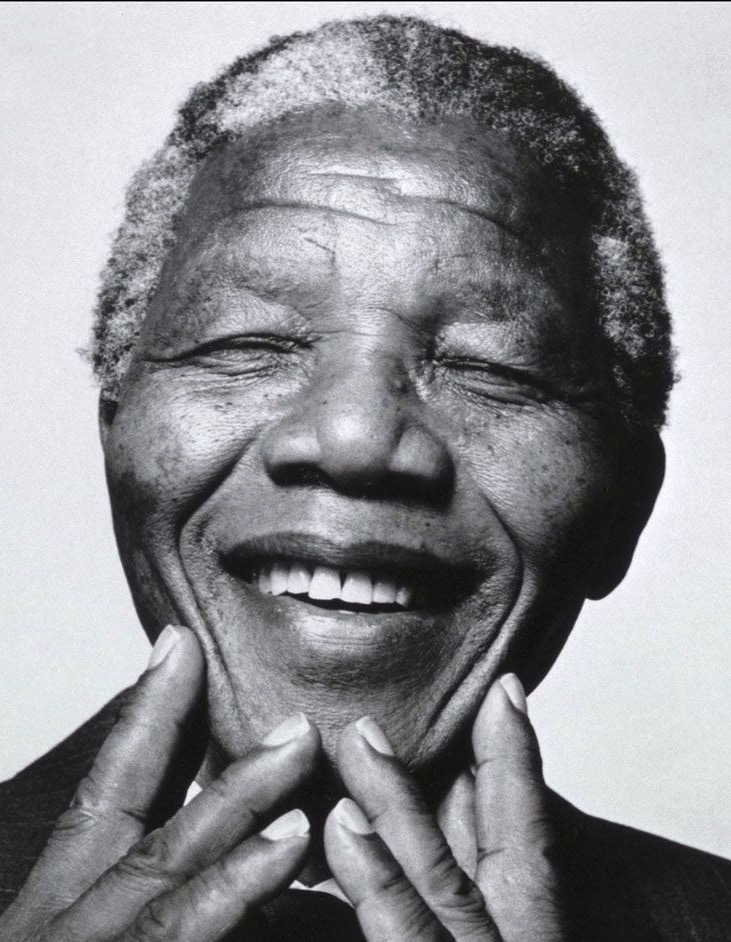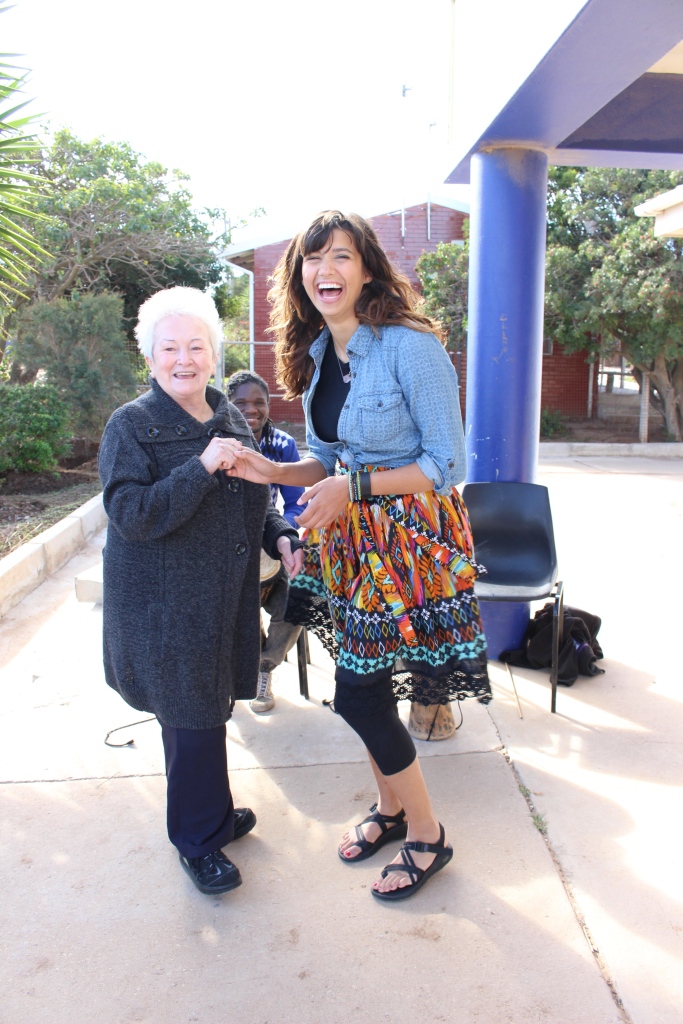Today was probably the
hardest day I have ever had with being a nurse.
It all just felt so unreal. I was doing rounds with the nurses and getting report on the babies when we stopped at this one baby who was not breathing. The night nurse simply stated that he had aspirated the milk the mother was feeding him at midnight and the doctors did not tell her anything was wrong. Then at 4AM she continued feeding it and it aspirated more milk. The nurse said he had been like this for a while. They merely poked his chest and just stared at him. I looked at him and could see that he had a heartbeat but no inhalation or exhalation of the lungs. His toes were purple/blue. A nurse was fumbling with the ambu-bag. She was trying to get the air to go in while she was doing compressions. She didn’t have a proper seal on the mouth. I didn’t know I had this in me but all of a sudden I just took control. I grabbed the bag from her and began doing rescue breathing. I told her there was no need to do compressions because the child had a heartbeat. A lot of the times here I try not to enforce my way of doing things which is the way things are done in the US. However, this was a special circumstance. Every second counted. But in Tanzania, there is never an urgency or rush when an emergency is taking place. Everyone is very “hakuna matata” and don’t worry about things. The nurse wanted to suction the baby and do a blood glucose test before giving oxygen. There were no noticeable secretions. Prioritization here is very different. ABC’s are key: airway, breathing, and circulation. I continued doing rescue breathing. Then a doctor walked in and asked if I could show him how to do it.
NO ONE knew how to do CPR.
I was flabbergasted deep down inside. As we were trying to save this babies life I taught 3 people how to do CPR. On top of all of that, the NICU room that we were in has a heater to insulate all of the premature babies. So on top of no AC in the hospital the room was at 38 degrees C which is 100.4 in F.
As we continued doing rescue breathing then all of the mothers came in for breast feeding. In addition to having 20 babies in the room we now had 20 moms and 8 healthcare personnel. The room is not that big. The mothers just watched as we were trying to save the babies life. In my head I knew the baby needed to be intubated and hooked up to a ventilator if he was going to make it. With him already having enough lack of oxygen to turn his toes blue he was bound to have had brain damage which wasn’t allowing him to breath on his own. The doctor’s explained to me that they only had two ventilators and they were both being used and it would be about a month before we would be able to get one for the baby. I asked if there was anyway to get one from another hospital. But there was not any way. My heart broke into a thousand pieces. As I was bagging the doctors were giving the baby adrenaline to help the heart continue perfusing all of the blood and they hooked him up to normal saline. They also gave him 3 boluses of dextrose. Some of the things they did I questioned but they were doing all that they could. One of the doctors asked me when I could stop bagging. She wanted to just hook the baby up to a nasal prong and give him oxygen that way. I explained that since he is not using his lungs that oxygen wouldn’t work. We are being his lungs by doing rescue breathing and forcing the air in which the nasal prongs would not do. Another nurse was too scared to try and do the respirations for the baby. It was very frustrating and sad to me. If this baby was in the US they would make it. As soon as they had told me there was no ventilator I knew in the back of my head this baby was going to die. Throughout this whole process I kept seeing red ants crawl on the baby. I was confused as to where they were coming from. I pulled back the babies diaper and they had bitten him so much that he was bleeding around his private area. I looked down beside my scrubs that were pushed up against the table that I was leaning on to give him the rescue breaths and there was a cockroach the size of my pinky toe.
This was the first time in my life where I was the one in the hospital who knew what to do. There was no one else I could turn to higher up to help me or have a solution to the problem. It was a scary thought. I just kept doing what I had been taught in nursing school. In the back of mind I was just so thankful to have such amazing professor’s who taught me all that I knew in that moment. After 3 hours of rescue breathing for the baby I knew I had to be ethical and use my critical decision making. I was only prolonging the baby to live. As soon as I stopped breathing for the baby I knew he would die. There was no way I could do this continually for days. However, I didn’t want to stop until the mother came back.
It is custom here to let the baby die and then tell the mom after it has already happened. They feel that it is too painful and causes more suffering whenever the mother has to watch the baby die. However, I just couldn’t settle with that. I wanted the precious baby to be in his mother’s arms during his last few moments on Earth. None of the doctors or nurses would tell the mother for me that the baby was dying. It made me so sad that I couldn’t communicate with her in Swahili to let her know everything that was happening. I simply walked her to the baby and was able to get her to understand the heart was working but not the lungs. I placed her finger in the babies hand and patted her on the back. As I shut the door behind me I tried my best to keep the tears inside of me. I walked down the long corridor to get to the stairwell. As soon as I was out of sight from everyone the tears just poured. I was so overwhelmed and heartbroken. It was around noon at this point and I really wanted to just go home. But I forced myself to carry on with the day. After this situation, it only went down hill. I found two other babies that had a heartbeat but were not breathing. I also did rescue breathing for them. One of the babies pupils were fixed and the oxygen sat was 44%.
All three babies died today. I left work with my head held down as the sun shined on my back. I know the babies are no longer in pain now but I just had a really hard time with accepting how it all happened. In the US it would have never gotten to that point. We have the NICU babies hooked up to machines that constantly take their vital signs. They don’t have anything like that here that would alert them to a babies V/S dropping. There is also 1 nurse to 35 babies here whereas in a NICU at home it is more like 2 or 4 babies to 1 nurse. Today was just a very heartbreaking day.





